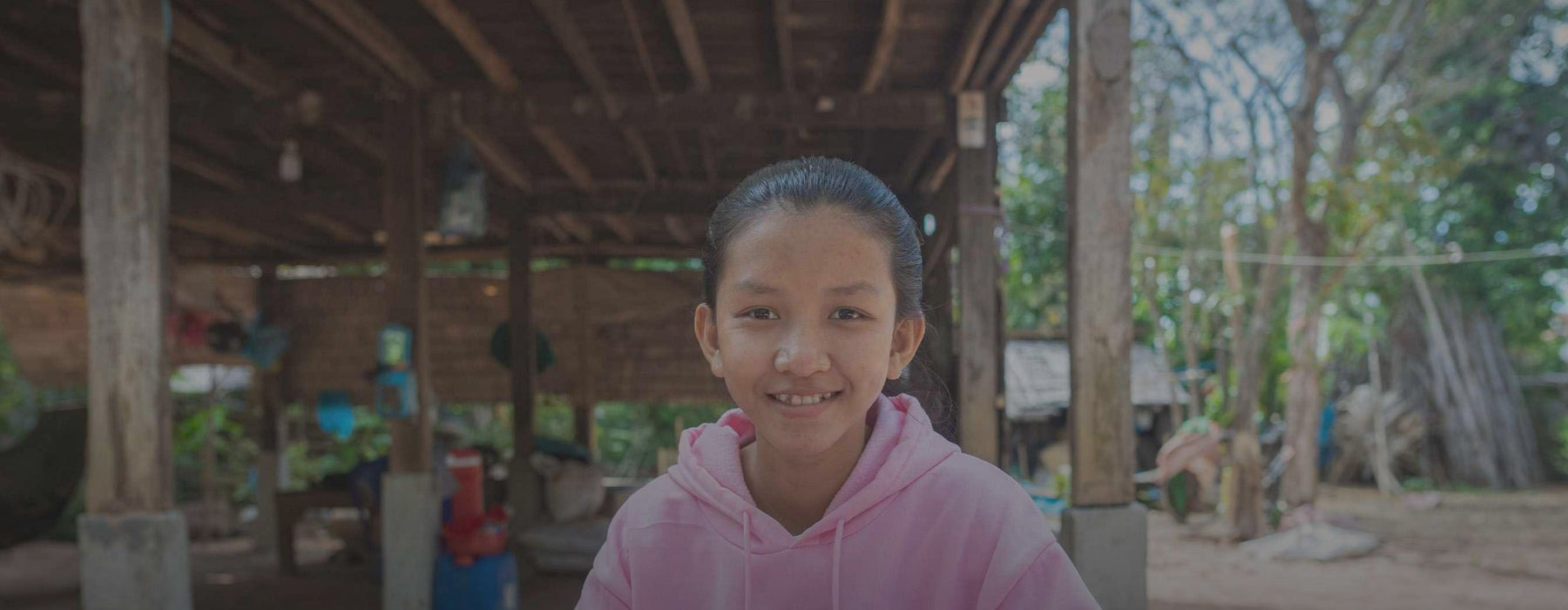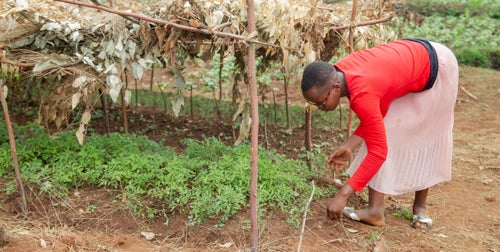It has been almost two years since the COVID-19 pandemic broke out globally.
The impacts of lockdowns, constant uncertainty, ‘education limbo’ and disruption to daily life is a global concern for children, young people and their futures.
In Cambodia, the pandemic has collided with pre-existing high rates of school dropout, poor literacy, child marriage, violence, and child labor. Today schools and teachers face the new norm of self-guided, distanced learning while wanting to help their students reach their full potential
Thanks to support from people like you, young Cambodians have been presented with a solution that ensures that no child is left behind.
Meet Net, a changemaker in his community
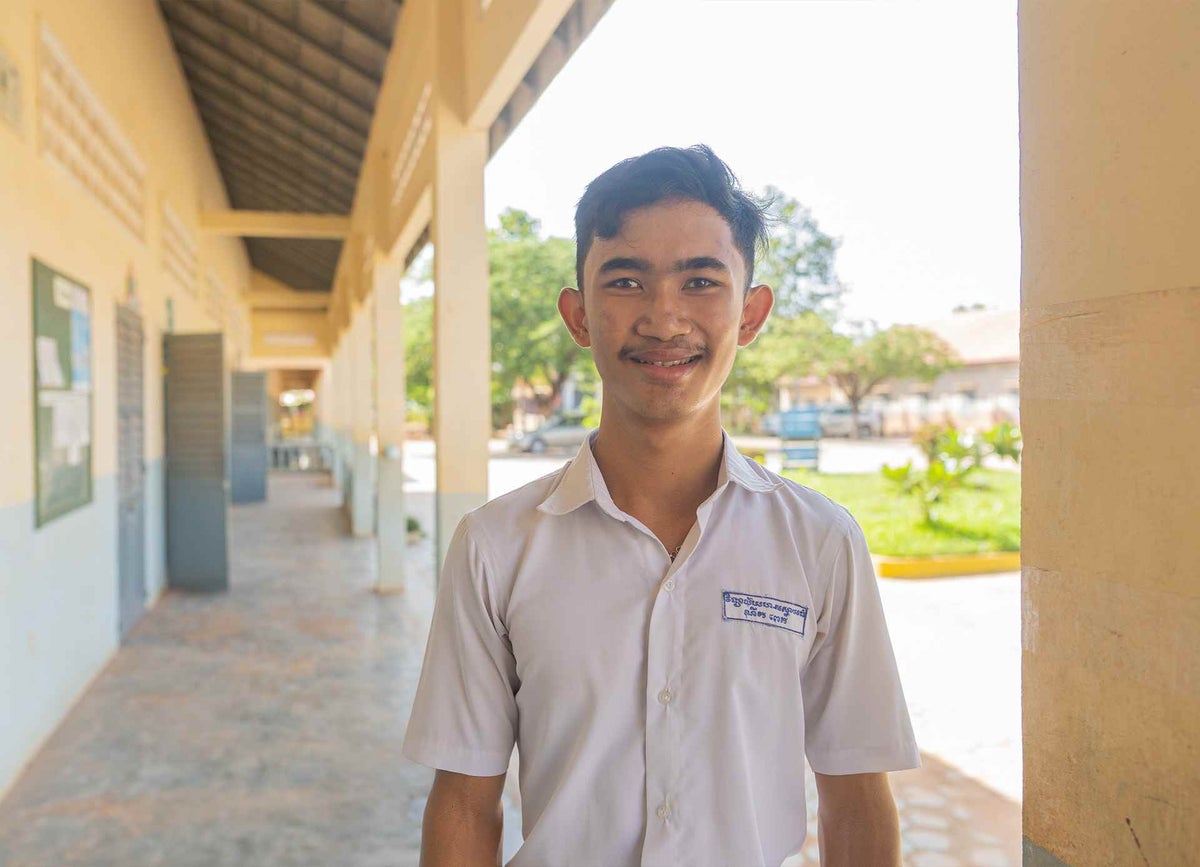
Meet Year 11 student Net. For him, learning life skills have been essential for building his professional skillset. They have also helped him to reclaim lost learning brought about by the pandemic.
Thanks to UNICEF's Local Lifeskills program in Cambodia, Net has found a way to adapt his skills and has big plans for his future.
"Online learning is difficult, but if we are patient and resilient, we can push ourselves to keep learning despite school closures,” says Net.
Net has even used his life skills training during the pandemic to help support his local community through COVID-19 community transmission prevention.
“In 2020, our village chief talked to us about COVID-19 and preventative measures. Most villagers are farmers, but if they are aware of this problem (COVID-19), they could prevent transmission and the virus could be contained."
"My family rents microphones and loudspeakers, and my father has a nice, loud voice. I wrote about COVID-19: what it is, how it’s transmitted, and how we can avoid getting it. My father disseminated information to villagers over the loudspeaker, creating awareness.”
It is because of the availability of this program in Net’s community, that he and his classmates are empowered to help change the world.
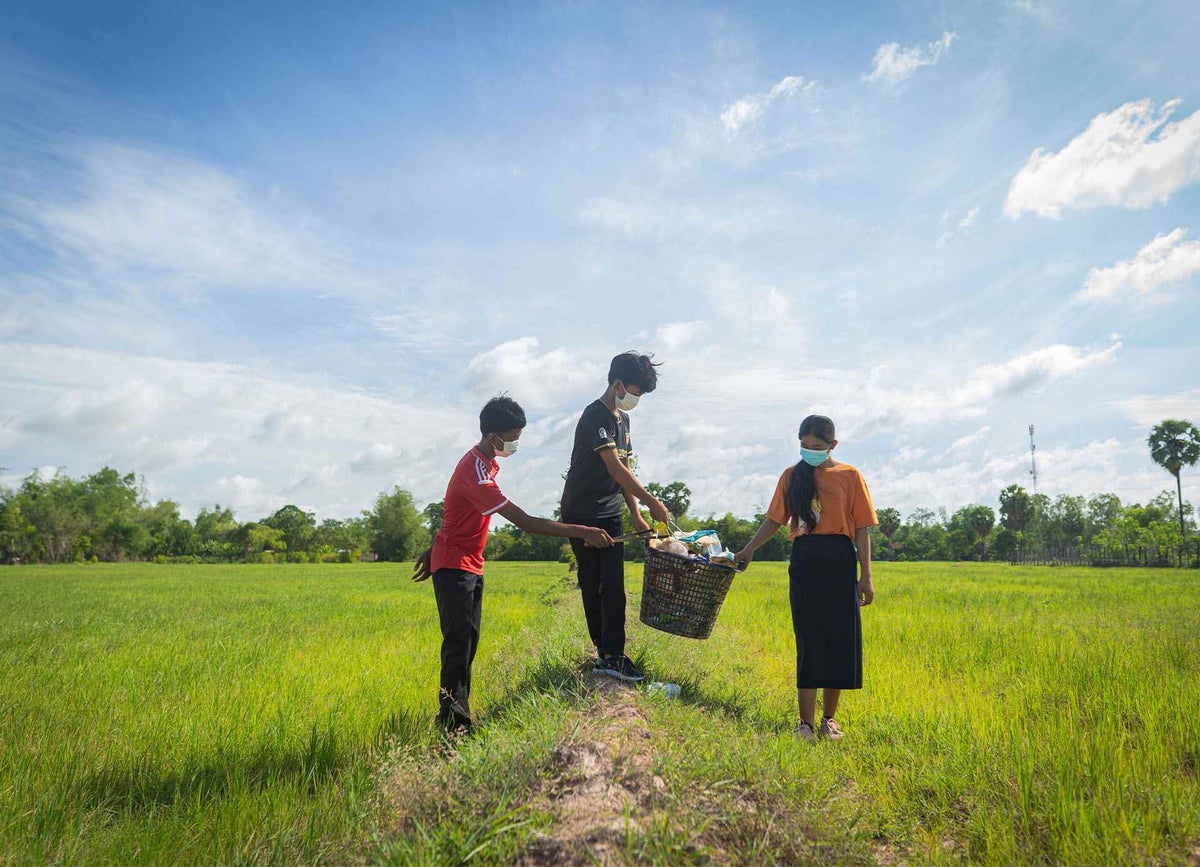
What do teachers think?
A Vice Director of one local school in Siem Reap province, spoke to our teams about the importance of soft skills being taught to young people.
Soft skills are personal attributes and skills that are critical for adolescent potential that sit alongside more traditional education like maths and science.
"I used what I had learned in the training to solve school problems, it built my confidence and increased my motivation."
“If a student can do an exercise, it doesn’t mean that they understand. When they truly understand, after having researched, analysed evidence, and synthesised ideas they can apply in real life.”
A fellow Director of another school adopting the program told us, “When I was a student, we only listened and wrote. Now I understand, that’s not enough. When I first attended the UNICEF training, I had never heard of soft skills. As I used what I had learned in the training to solve school problems, it built my confidence and increased my motivation.”
Soft skills are crucial, particularly in today's world, as they help children and young people develop both professional competencies for future work and social-emotional competencies to enrich their adult lives.
Despite the obvious significance of these skills, in Cambodia they are often neglected in traditional learning environments. By providing this program, students become more proactive, engaged and resilient adults with the skills to reach their full potential in a post-pandemic world.
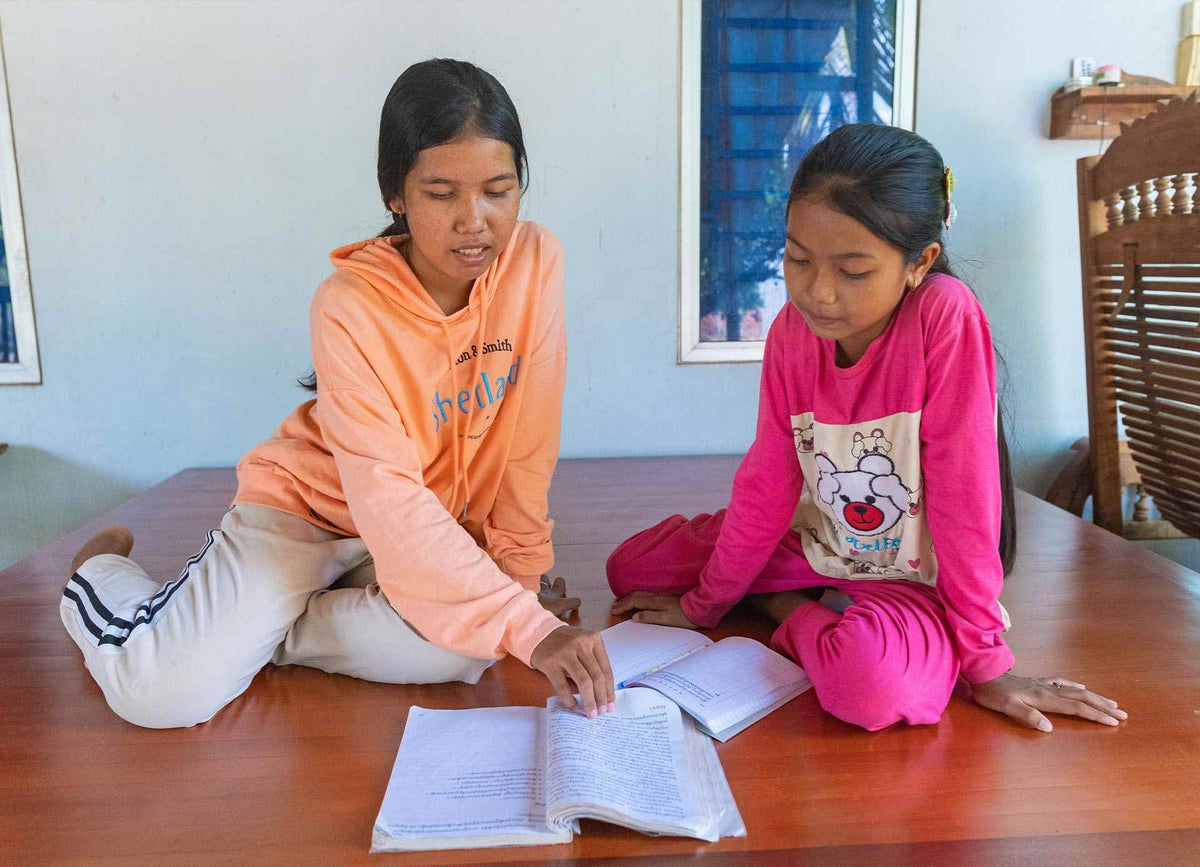
Building essential life skills
Our teams have been working in Cambodia for more than 60 years. Thanks to people like you, UNICEF Australia is able to support the development of education and health care services, working to prevent violence and exploitation of children, and strengthening legislation to protect children’s rights.
The UNICEF Local Life Skills Program, established in 2015, helps Cambodian students aged 12-15 years from local community schools enjoy new ways of holistic learning.
Young people are introduced to a wide range of relevant topics relating to wellbeing, culture, the environment, governance, and livelihoods. In studying these topics, they learn how to think critically, problem-solve, and develop interpersonal skills to better equip them for the challenges of everyday life and the transition to adulthood.
We often refer to these as 'soft skills' – personal attributes that are critical for adolescent potential that sit alongside more traditional education like maths and science.
The UNICEF Life Skills Program has reached more than 32,000 young people in 83 lower secondary schools across Cambodia. Thanks to your support and funding from the Australian Government, UNICEF will reach an additional 4,000 young people in 40 new schools in the next two years to improve education outcomes for young people and children.
Find out how you can continue to help support programs such as these here.
Become a Regular Donor
For every child in crisis.
Related articles
Stay up-to-date on UNICEF's work in Australia and around the world



